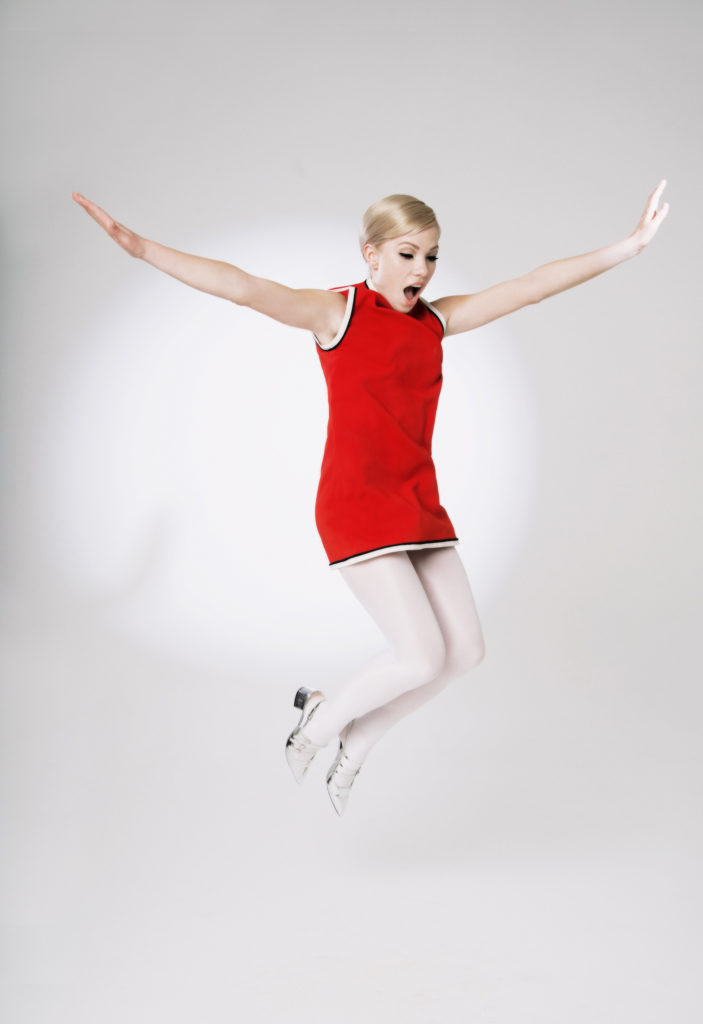Publishing date: Oct, 12, 2020
A near-decade and two critically acclaimed albums after the hit single, “Call Me Maybe,” there are still a surprising number of people who view Carly Rae Jepsen as a pop-culture punchline. But take a look at any online pop music forum and Jepsen stands tall as the reigning monarch, complete with tongue-in-cheek adulations proclaiming her as the genre’s holy saviour.
Jepsen is still taken aback by the shift her career’s taken from massive overnight sensation to the cult-like figure she is now. “I felt a different kind of good, to be embraced finally for something that was a lot more real and a lot more of myself,” the singer admits. Through more personal, heartfelt and emotional material, she has made a deeper connection with her fans. “‘Call Me Maybe’ was the gift of my life in so many ways, but I think the main thing was I saw it as a platform to show other sides of who I am as an artist.”
The song’s massive success was what prompted her to take a step back and reconsider what she really wanted. “Chasing after the same thing didn’t even really seem possible, so it was really nice to start thinking about the type of pop music I wanted to make. E•MO•TION was my first step into that, and I’ve learned even more with Dedicated.”
For all the talk of picture-perfect romance in Jepsen’s music, it’s easy to miss that she exists in many of her narratives as more of a lonely outsider wishing for the euphoric fantasies she sings about to come true. This message of escape that Jepsen presents is universally appealing. Members of the LGBTQ community hail her as an icon, describing her jubilant live shows as a place to fully step into their identity — something Jepsen has noticed.
See points to her E•MO•TION opener “Run Away With Me” as her favourite track to perform for that reason.
“I’m trying to say to the audience, let’s forget everything tonight and escape into this feeling. And it feels like I surrender myself too,” she says. “I’m always amazed at the beautiful crowd that we have. People are just nice to each other. I’ve never seen crowds so full of love. How did we get so lucky?”

To emphasize just how much you can discover when looking below the surface level of Jepsen’s music, a viral 150-page essay titled A Scar No One Else Can See attempted to showcase how profoundly sad her music can be, highlighting how Jepsen almost always returns to the same themes of obsession and longing. In fact, “longing” is how she would describe her album in a single word. “When I listen to Billie Holiday, she makes ‘My Man’ sound so beautiful, and yet it’s the saddest song in the world. I think I like the contradictions of those things sometimes — really milking melancholy in a way where it becomes poetic.”
While writing, Jepsen plans for her music to be much more somber — “very Lykke Li, Cat Power type stuff” that reflects her real-life romantic experiences — before everything changes in the recording studio. “When I go into the room, I naturally want to find joy. And I don’t know why that happens, but I stopped questioning it too much.”
Still, she values every moment in the studio and on stage that she gets choked up, reliving her lowest points through her songs. “‘Real Love’ hits me every night that I play it now. It’s good because it reconnects you.” The emotion that comes up reminds her she is creating art that comes from a real place. “Otherwise you become like a Broadway show where you go through the motions of it and it’s like, ‘hit this spot at this point.’ Anytime you’re kind of shaken out of that on stage, it gets across better to the audience,” she says. “So I always treasure those moments, even though sometimes it’s like,” — here, Jepsen mimes a tearful voice — “‘alright, I’m going to say it again, all I want is real, real love!’”
To balance out those tearful moments, Jepsen indulges in a little bit of laughter. She emphasizes how lucky she is to have found a kindred sense of humour in both her fans and her romantic partners. Despite seeming confused and slightly embarrassed whenever one of the many memes comparing her to a pop music heroine is brought up in conversation, Jepsen appreciates the nonsensical viral movement to give her a (blow-up, non-dangerous) sword, a weapon she now receives nightly at her concerts. “I still don’t understand it, but it’s adorable,” she says. “I think it’s what I love about our community, it feels like everyone has a good sense of humour and wants to have a joke together.”
While debuting her breakup song “For Sure” for an ex-partner just before they were separated by distance, Jepsen says their eventual falling out became something of a joke. “We could laugh at anything. His hands were up doing the happy dance, and then he did a joking, slow sad dance as he realized the words. But it was meant to be funny, and we both chuckled.”
Perhaps it is the perfect balance between the two — the “happy dance” and the “sad dance” — that lifted Jepsen beyond “Call Me Maybe” and landed her, “For Sure,” at the top of pop music today.
This article originally appeared in the September 2019 print edition of BeatRoute.

